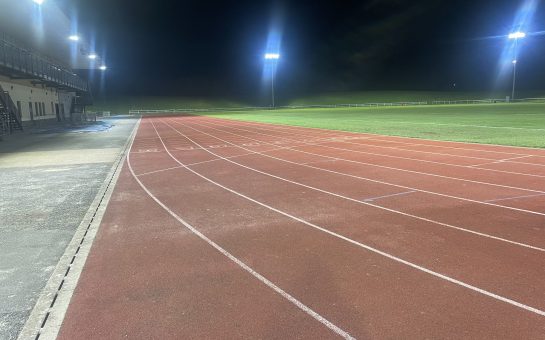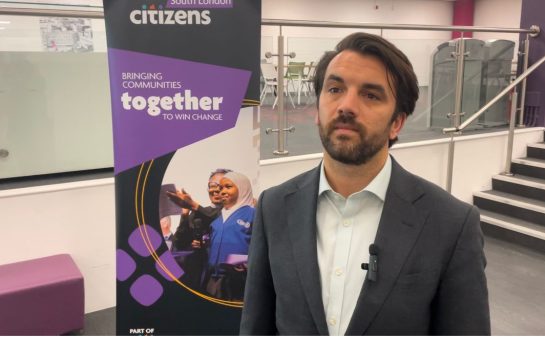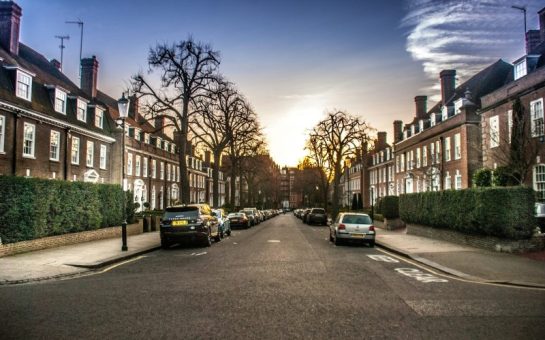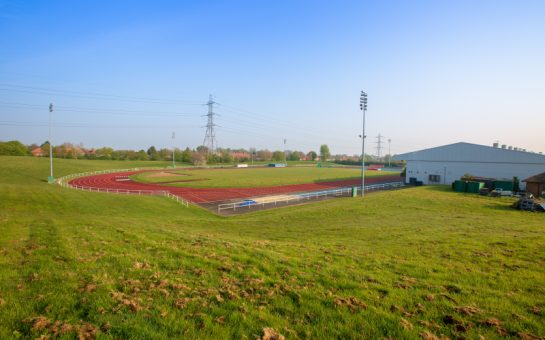Carshalton’s Harry Aikines-Aryeetey is adamant it’s do or die as he attempts to finally fulfil his Olympic dream.
Four summers ago, on August 5, 2012, the then 23-year-old was watching the drama of the 100m final unfold from his student accommodation at Loughborough University.
Usain Bolt cantered to victory in 9.63 seconds ahead of fellow Jamaican Yohan Blake and American Justin Gatlin, while Ghanaian-born Aikines-Aryeetey nursed a torn hamstring that ruled him out shortly before the Games.
He has often thought it would have been him competing against the fastest man the world has ever seen, after all, in 2006, Aikines-Aryeetey beat Blake at the World Junior Championships in Beijing, clocking 10.37 in the 100m final to claim gold.
That, added to a sensational double gold at the World Youth Championships in Marrakech a year before which won him BBC Young Sports Personality of the Year and saw him named the IAAF’s Rising Star, meant the teenager had the sprinting world at his feet.
It was a glimpse of what he was truly capable of and, it added gravitas as to why so many sprinting experts tipped him for the success which has so far eluded him.
He said: “I think what happened before London was just a combination of things really. I had quite a few injuries, the preparation poor and it was just a bit rushed.
“Obviously at the time I was devastated, but I was just so unlucky. I even pulled a muscle going to the Olympic Stadium for a test event.
“But that’s behind me now. This time around we have a plan that is working out for me and considering the circumstances, the last few seasons have gone okay.”
He confessed at the time he felt angry and forgotten at missing out in London, but it is that monumental disappointment which is his fuelling his motivation today.
A litany of injuries has always disrupted the now 27-year-old’s progress – the worst of which was a double stress fracture to his back that prevented him from competing for the whole of the 2007 indoor season.
Even last year, Aikines-Aryeetey was without a coach having split from Rana Reider in 2014 as he battled a multitude of injuries ranging from calf problems to a persistent back injury.
In February, he raced alongside fellow south west Londoner James Dasaolu in the 60m final at the British Indoor Championships, but finished sixth in 6.69.
It was shy of his personal best of 6.55 and meant he didn’t qualify for the IAAF World Indoor Championships in Portland.
But now he admits he is seeing things with greater clarity.
“Obviously it was disappointing and underwhelming. It was a slow start but I think that was largely down to me and my new coach working a few things out,” he said.
That new coach is Swede Benke Blomkvist and although the relationship is very much in its infancy, Aikines-Aryeetey is clear there is a meticulously thought out game plan to secure a place in Rio.
He continued: “We didn’t target the indoor season as we previously would have done. It was just a case of ironing a few things out and getting to know each other.
“If you don’t target the indoor season like other people then you can’t expect to run as well. But things are gradually falling into place and I’m on track to run the times I want.
“There is more of a holistic approach with Benke. It’s more about my happiness and my confidence. If I have these things then I know I can and will be a threat to anyone.
“For top sprinters training doesn’t really vary. It’s about how you apply yourself off the track that makes a difference. And that is what I’m focussing on going forward.”
A criticism often been levied towards 5ft 9ins Aikines-Aryeetey is that, weighing in at a bulky 95kg, he is too big for sprinting.
But he points out he is only a kilogram heavier than Bolt and feels it is an unfair criticism that has followed him more than his own shadow.
He said: “It’s my natural build and there’s nothing I can do about it. It’s quite funny how this question keeps cropping up. If I shed some weight then I do have a loss of power.
“I stay away from the bench press as much as I can. Most of my training partners are actually surprised at the lack of frequency I hit my upper body and the gym in general.
“I just think it’s the fact that I post video content on YouTube of me showing off my upper body strength occasionally, but that doesn’t mean I train it all the time.”
It’s no secret that sprinters often hit their peak in their late 20s. The second fastest man in history, American Tyson Gay, recorded his personal best of 9.69s at 27.
If Aikines-Aryeetey makes it to the Olympics he will celebrate his 28th birthday during the Games and, he admits he’s fully aware he is approaching a make-or-break period.
He said: “I’ve been around for such a long time. I started competing at the age 16 and I do feel a little bit old, but that is one of the things that you just accept.
“You do often worry when other people are performing and you aren’t. But one of the benefits of that is my mindset is now a lot better than it used to be.
“In my younger days I was frustrated when things didn’t go my way and I often found myself with a defeatist attitude with regards to injuries. But I just manage that now.”
For now, though, his gaze is firmly set on realising his true potential.
He said: “I just have to allow it to come and not force it. I know I can run sub ten, I know I have that in me. It’s just a question putting everything together all at once.
“It just seems as if every year it’s do or die. But I’m ready to handle that pressure now.”
Image courtesy of Harry Aikines-Aryeetey, via YouTube, with thanks




